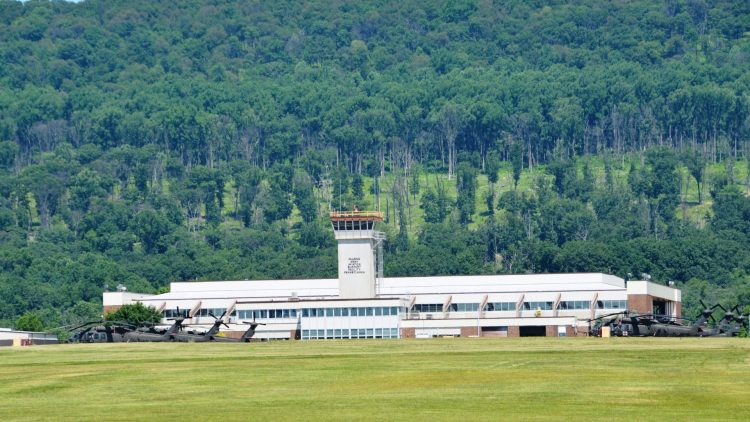While the Treasury Department emphasizes a “country-agnostic” approach, the impetus for the rule clearly stems from concerns surrounding Chinese land purchases near sensitive locations.
A recent example is the proposed battery plant by Chinese electric vehicle maker Gotion in Michigan, located roughly 100 miles from Camp Grayling. This facility is now slated for increased scrutiny under the proposed rule.
Public Input and Potential Challenges
The proposed rule isn’t without its hurdles.
Public comments will be accepted 30 days after their publication in the Federal Register.
This increased oversight is likely to face criticism from some sectors, potentially impacting foreign investment and development near military installations.
However, the potential national security benefits seem to be a driving force behind this significant expansion of CFIUS’s authority.
“Today’s proposed rule is another example of CFIUS’s continuing commitment to hone our tools to protect US national security, and is a significant milestone in safeguarding critical US military installations,” said Paul Rosen, Assistant Secretary for Investment Security.” We will remain responsive to the evolving nature of the risks we face to ensure we are protecting our military installations and related defense assets.”
Key Changes in the Proposed Rule
For a quick overview, below are the key changes in the proposed enhancement of CFIUS’s authorities rules:
- Reviews of foreign land deals required within one mile of 40 new military sites.
- Oversight increased to 100 miles around an additional 19 military sites.
- Scrutiny expanded for real estate deals between one and a hundred miles near eight existing bases.
- Names clarified for 14 military installations on the watchlist.
- Locations updated for seven existing bases for better public awareness.
Beyond the Buffer Zone: The Evolving Threat Landscape
Military experts point to a rapidly evolving threat landscape.
Espionage techniques have become increasingly sophisticated, with some foreign actors potentially leveraging land ownership for clandestine activities.
Concerns range from electronic eavesdropping to physical access for sensitive information gathering.
The 100-mile radius for certain installations reflects this evolving threat, considering the potential for powerful surveillance equipment or sophisticated drone technology.
Balancing Security and Investment
The proposed rule has sparked debate within the business community.
As mentioned, some argue that it could stifle foreign investment and hinder economic development in areas near military bases. They advocate for a more nuanced approach that balances national security concerns with fostering a healthy investment environment.
Transparency and Collaboration: The Path Forward
The 30-day public comment period offers an opportunity for a comprehensive discussion. Striking the right balance between national security and economic considerations will be crucial.
Transparency is key. Making the rationale behind specific areas of scrutiny clear will help alleviate concerns and ensure a more collaborative approach.
The proposed rule signifies a proactive stance by the US government in safeguarding its military installations.
As the threat landscape continues to evolve, so too must US security measures. Finding the optimal balance between national security and economic prosperity will be the key challenge in the months to come.
You can send those with concerns and comments about the proposed rule here.
—
Disclaimer: SOFREP utilizes AI for image generation and article research. Occasionally, it’s like handing a chimpanzee the keys to your liquor cabinet. It’s not always perfect and if a mistake is made, we own up to it full stop. In a world where information comes at us in tidal waves, it is an important tool that helps us sift through the brass for live rounds.










COMMENTS